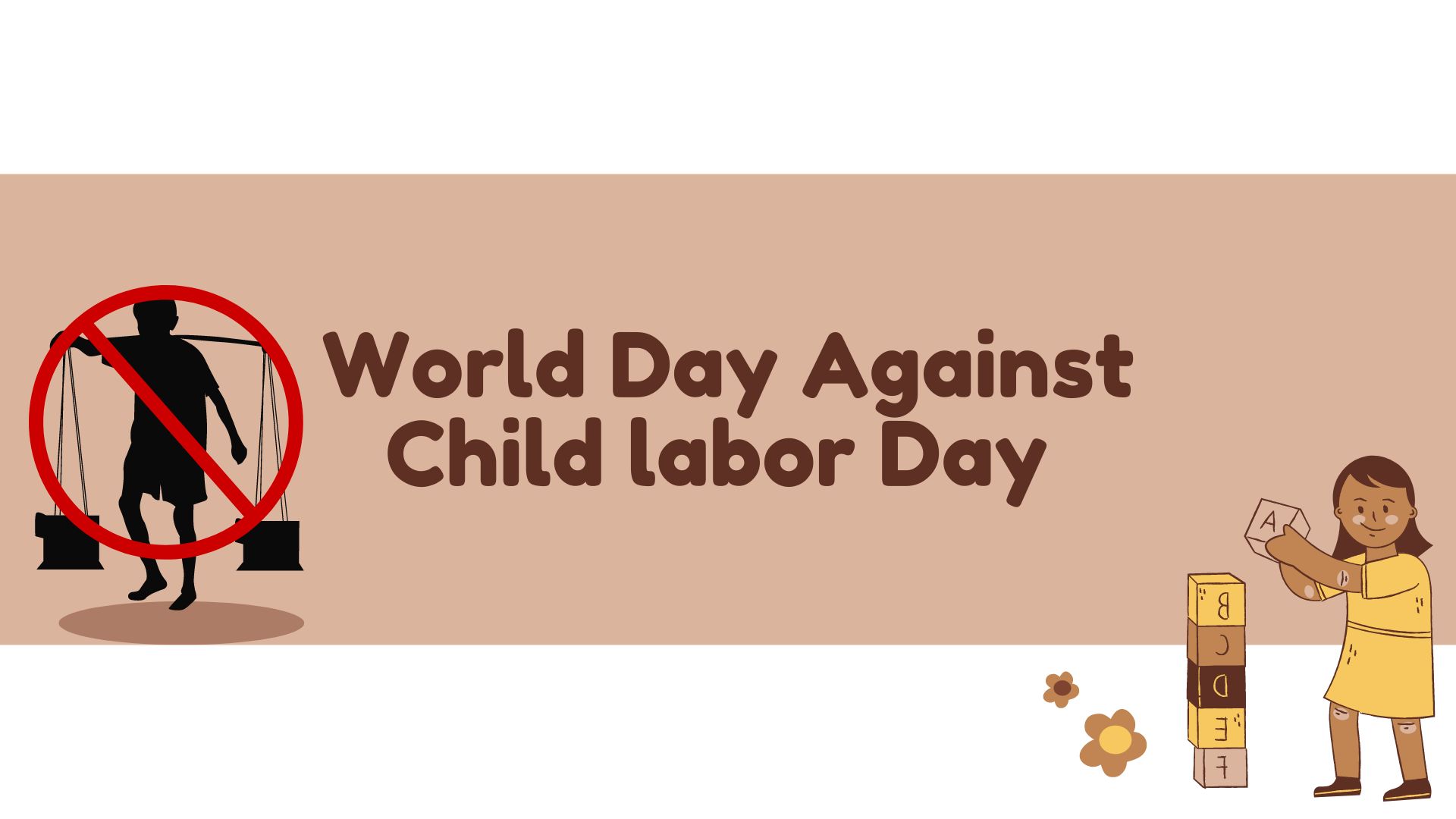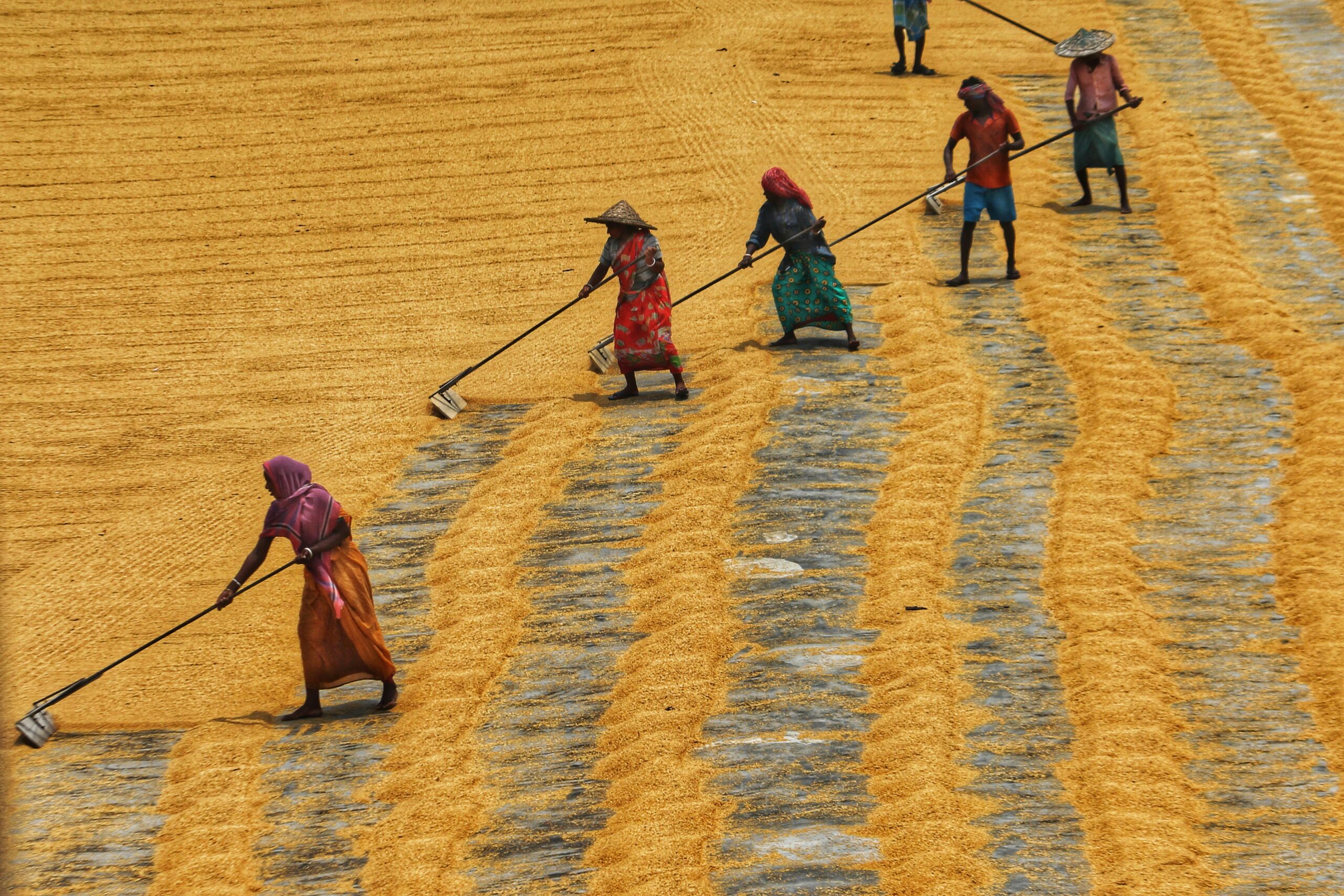Programme Officer at the Centre for Responsible Business
Innovation for Forests: Driving Sustainable Solutions for a Greener Future
As we mark the International Day of Forests on March 21st, the theme “Forests and Innovation: New Solutions for a Better World” calls for attention to the pressing need for innovative approaches to address forest conservation challenges while promoting sustainable business practices. Innovation stands as a beacon of hope in safeguarding our planet’s vital ecosystems, paving the way for a brighter, greener future.
Forests serve as not just critical ecosystems but also as essential contributors to providing clean air, water, biodiversity, and livelihoods for millions worldwide[1]. However, they are increasingly under threat from deforestation, climate change, and unsustainable land use practices. In response to these challenges, innovative solutions are emerging to combat these challenges effectively. One such solution lies in the integration of technology into forest management. Remote sensing technologies, including satellite imagery and drones, offer real-time monitoring of forest health and detection of illegal logging activities. For instance, the Global Forest Watch platform utilizes satellite imagery to track deforestation worldwide, providing valuable insights for conservation efforts. In Brazil, the use of satellite monitoring technology has been instrumental in combating illegal logging in the Amazon rainforest[2]. Through high-resolution satellite imagery and advanced algorithms, authorities can identify and intercept illegal logging activities promptly, leading to significant reductions in deforestation rates and the protection of precious forest ecosystems. Furthermore, Artificial Intelligence (AI) and machine learning algorithms are revolutionizing forest monitoring and management. For example, the Rainforest Connection project employs AI-powered acoustic monitoring devices to detect and deter illegal logging activities in remote forest areas, thereby safeguarding biodiversity and combating deforestation. These innovative devices are strategically placed throughout the forest, where they continuously listen for the sounds of chainsaws and other signs of logging activity. Once detected, the system sends real-time alerts to local authorities, enabling them to intervene swiftly and prevent further damage to the forest.
Innovative financing mechanisms also play a pivotal role in supporting forest conservation. Green bonds[3], and payments for ecosystem services amongst others incentivize private sector investment in forest conservation projects. The REDD+ (Reducing Emissions from Deforestation and Forest Degradation) program is a prominent example of such a mechanism, providing financial incentives to developing countries for reducing emissions from deforestation and forest degradation. Another notable example is, carbon offset programs[4], is the Verified Carbon Standard (VCS) and the Climate Action Reserve (CAR), they allow businesses and individuals to invest in forest conservation projects to offset their carbon emissions. By purchasing carbon credits generated through forest conservation activities like reforestation and avoiding deforestation, these programs provide a financial incentive for preserving forests and sequestering carbon dioxide from the atmosphere. Additionally, payments for ecosystem services (PES) schemes incentivize landowners to conserve forests by compensating them for the environmental benefits provided by their land, such as clean water provision, biodiversity conservation, and climate regulation. For example, Costa Rica’s PES program pays landowners for maintaining forest cover and restoring degraded areas, helping to protect the country’s rich biodiversity and valuable ecosystem services. These innovative financing mechanisms not only mobilize private sector investment in forest conservation but also contribute to sustainable development goals by promoting biodiversity conservation, climate change mitigation, and the well-being of local communities.
Empowering indigenous peoples through land mapping and climate finance access is also essential for sustainable forest management. Integration of technology to this area, for example the Indigenous Navigator, provides indigenous communities with tools and resources to map their territories, assert their rights, and engage in decision-making processes. Additionally, programs like the Green Climate Fund[5] support indigenous-led conservation projects, recognizing their invaluable role as stewards of forest landscapes.
At the Centre for Responsible Business (CRB), we drive innovative solutions that bridge sectors, emphasizing the fusion of innovation, business, and environmental stewardship. Initiatives like the Sustainable Palm Oil Coalition for India (I-SPOC)[6] engage stakeholders across the value chain to promote sustainable palm oil production, consumption and trade along with balancing economic and environmental priorities. Collaborations with Farmer Producer Organizations (FPOs)[7] empower smallholder farmers with sustainable practices, enhancing productivity while safeguarding biodiversity. Projects like the TEEB AgriFood[8] initiative advocate for sustainable agriculture to promote biodiversity conservation, while initiatives like FOLU India CREST[9] shape responsible sourcing practices, fostering collaboration for economic prosperity and ecological resilience. Through alliances like ACRE[10], we champion regenerative agriculture, revitalizing landscapes and livelihoods for a more sustainable industry.
With a steadfast commitment to innovation and sustainable business practices, we could envision a future where businesses prosper, and communities flourish in harmony with nature.
“NOTE: The views expressed here are those of the authors and do not necessarily represent or reflect the views of CRB.”













































































































